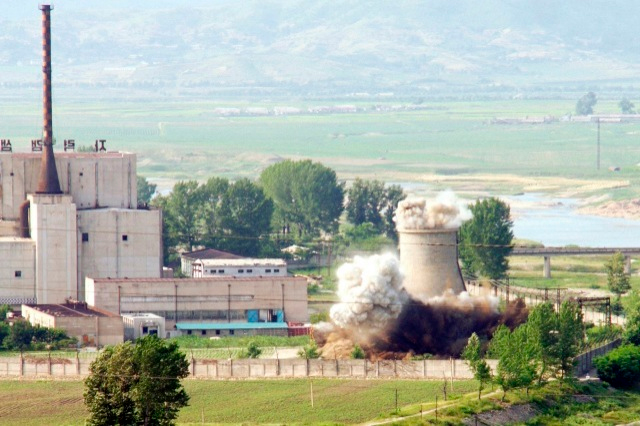By: Daniel Nardini

In a conflict that has killed tens of thousands of people (no one knows the exact number for sure) and has left 140,000 people homeless, the M23 (March 23rd) Movement revolutionaries, also known as the Congolese Revolutionary Army, defies the Congolese government’s attempts at suppressing the rebellion in the eastern part of the Congo. Horrific atrocities have been committed on both sides—the Congolese government forces committing the majority of the rapes against innocent women and slaughtering whole villages. It is believed that the government in Rwanda is aiding the rebels. Even with 11 African countries having signed a deal to patrol the border between the Congo and Rwanda, and United Nations forces in the area, the conflict remains far from resolved.
In the southern provinces of Thailand bordering Malaysia, Muslim rebels continue to attack Thai military forces. In August, Muslim gunmen attacked and killed those Muslim leaders who had collaborated with the Thai authorities. For decades, many Muslim leaders and activists had wanted autonomy for the provinces where Muslims predominate. These provinces were once part of the Malay states, but were conquered by Thailand in the 19th Century. The Thai government has been trying to force Thai ways and Buddhism on to the people of these provinces ever since, thus causing rebellions and terror attacks against Thai forces and against civilians.
And then there is the case of the Central Asian republic Turkmenistan. The government is so repressive that press and media censorship is second worst in the world only compared to North Korea. There are thousands of political and religious prisoners, and the Turkmen government is guilty of open discrimination against the ethnic minorities in Turkmenistan. Among these examples is the government’s pressure to force all universities in the country to reject the applications of non-Turkmen minorities, including ethnic Russians (Russians make up four percent of the country’s population). The government forbids the Baloch people from speaking and teaching their customs to their own people, and forbids the Uzbek minority from having their language taught in the school. Those who violate government policy are imprisoned, tortured, and many times killed.
These are just a few of the conflicts happening around the world that we generally do not hear about in the news media. Yes, by now most Americans have heard all too much about the Syrian civil war. I have to ask myself the question what makes the Syrian conflict more important to the United States than any of the others? Apparently to U.S. President Barack Obama it is “more” important than any of the other conflicts. Lord knows why. And Lord knows why so many in the U.S. Congress will even go along with U.S. military involvement against the Syrian government regime of Bashar al-Assad. At a time when 56 percent of all Americans do not want to intervene in the Syrian civil war, and when even our closest allies, including Great Britain, will not intervene, I find it hard to contemplate why the United States is getting involved in yet another war that has nothing to do with our national security. Perhaps the American people, come 2014, should send a clear message to the U.S. Congress and to the president that we will vote out all those who call for war at a time when America needs to have peace to help rebuild this country.





 CPS Hosts Annual Mental Health Summit April 25, 2024
CPS Hosts Annual Mental Health Summit April 25, 2024





Other Conflicts Around the World
By: Daniel Nardini